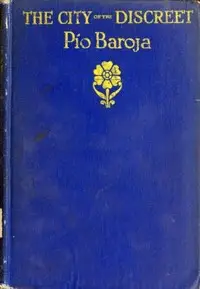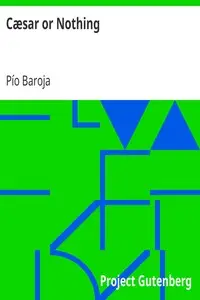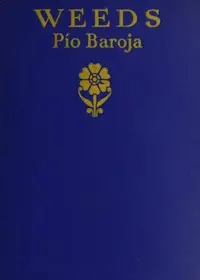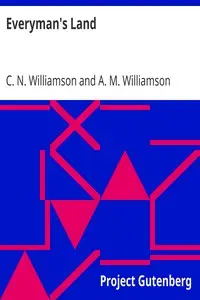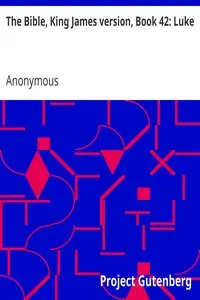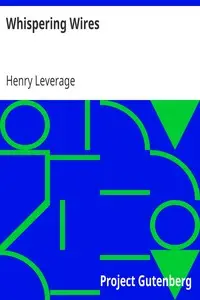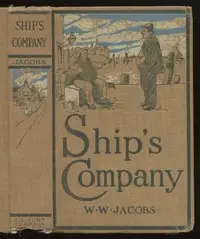"Youth and Egolatry" by Pío Baroja is a philosophical and autobiographical novel written during the late 19th century. The work delves into the themes of egoism, identity, and the complexities of human nature, providing insight into the author's thoughts and experiences, particularly focusing on the relationship between youth and personal introspection. The narrative suggests a central exploration of self-examination against the backdrop of Baroja's life, involving his encounters with society and his reflections on various philosophical ideas. At the start of the book, Baroja introduces his autobiographical intent, expressing a sense of humility in recounting his life. He touches on themes such as egotism, the individual’s search for meaning, and the intrinsic nature of human emotions and instincts. His narrative begins with a light-hearted anecdote about being perceived as "the bad man of Itzea" by local children, which serves as a cornerstone for his exploration of identity. He later reflects on his life experiences, including his thoughts on dogma and personal beliefs, effectively setting the tone for the philosophical musings and candid self-reflections that will unfold throughout the work. This opening portion establishes Baroja's introspective voice, preparing readers for a deep, contemplative journey through his past and ideas. (This is an automatically generated summary.)
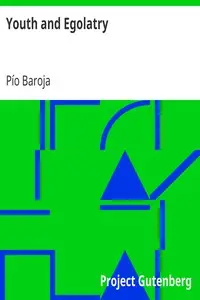
Youth and Egolatry
By Pío Baroja
"Youth and Egolatry" by Pío Baroja is a philosophical and autobiographical novel written during the late 19th century. The work delves into the themes...
Free Download
Overview
About the Author
Pío Baroja y Nessi was a Spanish writer, one of the key novelists of the Generation of '98. He was a member of an illustrious family. His brother Ricardo was a painter, writer and engraver, and his nephew Julio Caro Baroja, son of his younger sister Carmen, was a well-known anthropologist.
Total Reviews
10.0k
Total reviews from Goodreads may change

